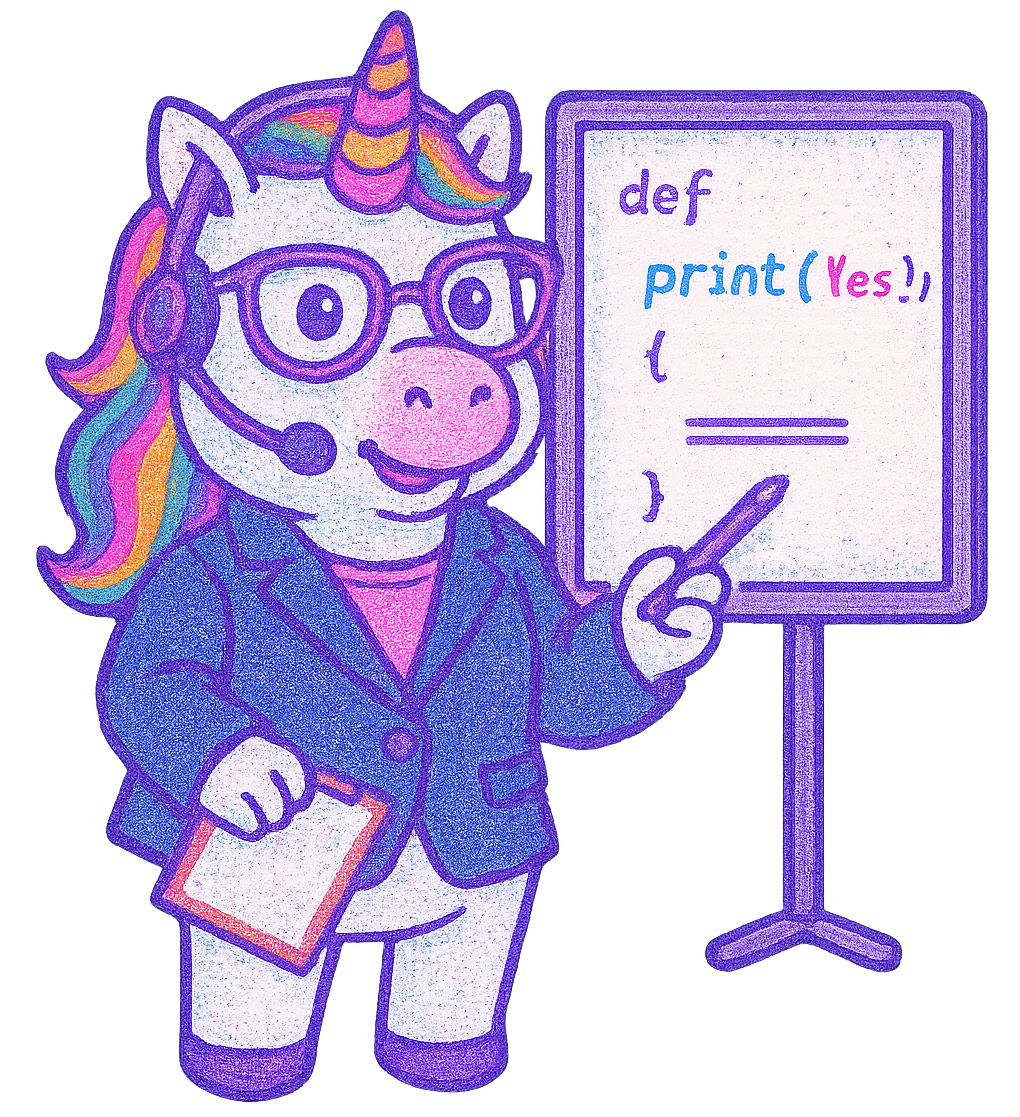Connecting to Zed Editor
Learn how to integrate your professional profile MCP server with Zed Editor for context-aware coding and enhanced AI assistance.
Prerequisites
- A created and configured professional profile (see Getting Started Guide)
- Your MCP server URL from your dashboard
- Zed Editor installed on your computer
- Basic familiarity with Zed's interface
What is Zed Editor?
Zed is a fast, collaborative code editor designed for modern development workflows. With Model Context Protocol (MCP) integration, Zed can enhance its AI assistant with additional context from your professional profile and other sources.

Installation
Step 1: Download Zed Editor
Download the latest version of Zed from the official website.
macOS
macOS 12 or later
Linux
AppImage, deb, and rpm
Windows (Preview)
Preview build available
Step 2: Install Zed
macOS
- Open the downloaded .dmg file
- Drag Zed to your Applications folder
- Launch Zed from your Applications folder
Linux
- For AppImage: Make the file executable (chmod +x) and run it
- For .deb: Use
dpkg -i zed_X.X.X.deb - For .rpm: Use
rpm -i zed_X.X.X.rpm
Windows (Preview)
- Run the downloaded installer (.exe)
- Follow the installation prompts
- Launch Zed after installation
Connecting to Your MCP Server
Step 1: Launch Zed
Open Zed on your computer. If this is your first time using Zed, you may want to explore the settings and preferences.
Step 2: Configure MCP Context Server
Open Zed's settings (Preferences > Settings) and locate the context_servers section. Add your MCP server configuration. Example:
"context_servers": {
"my-profile-mcp": {
"settings": {},
"command": {
"path": "node",
"args": ["/path/to/mcp/index.js"],
"env": {
"API_KEY": "if-needed"
}
}
}
}
Save your settings and restart Zed if necessary.
Step 3: Using MCP Prompts in Zed
Once your MCP server is configured, Zed will detect available prompts from your server. These appear as slash commands (e.g., /resume-summary) in the assistant panel. Only prompts are currently supported (tools and resources may not appear).
You can view detected prompts by opening the assistant panel and typing / to see available commands.
Using Your Professional Profile in Zed
With your MCP server connected, you can use slash commands in Zed's assistant panel to leverage your professional profile. For example:
Example Prompts
/resume-summary— Get a summary of your resume/cover-letter— Generate a cover letter draft/interview-questions— Prepare interview questions/career-paths— Explore career path suggestions
If you don't see your prompts, check your MCP server logs and Zed's logs (Cmd+Shift+P → "zed: open logs") for errors or misconfiguration.
Configuration Options
Zed offers several configuration options for MCP context servers:
Multiple Context Servers
You can add multiple MCP servers in your context_servers config. Each will expose its own set of prompts.
Experimental Features
Enable enable_experimental_live_diffs in the assistant section of your settings to allow the AI to suggest code changes as diffs in your editor.
"assistant": {
"default_model": {
"provider": "zed.dev",
"model": "claude-3-5-sonnet-latest"
},
"enable_experimental_live_diffs": true,
"version": "2"
}
Troubleshooting
Common Issues
If you're having trouble connecting to your MCP server in Zed:
- Verify your MCP server path and arguments are correct
- Check your MCP server logs for errors
- Check Zed's logs (Cmd+Shift+P → "zed: open logs")
- Ensure your MCP server is running and accessible
- Restart Zed after updating settings
Prompts Not Appearing
If your prompts do not appear in the assistant panel:
- Check that your MCP server defines prompts (not just tools/resources)
- Only one argument per prompt is supported
- Restart Zed after changing your MCP server config
- Consult the MCP server documentation for compatibility